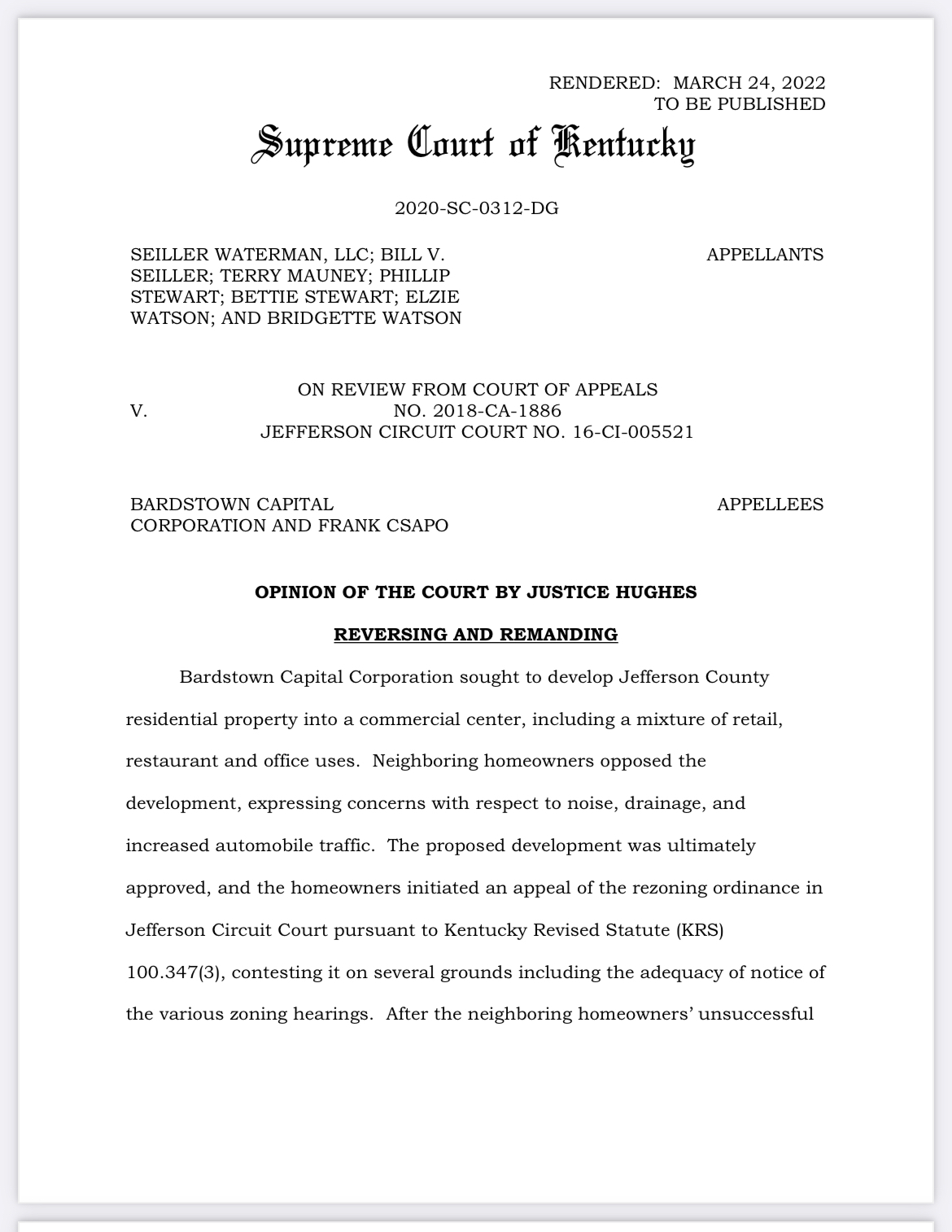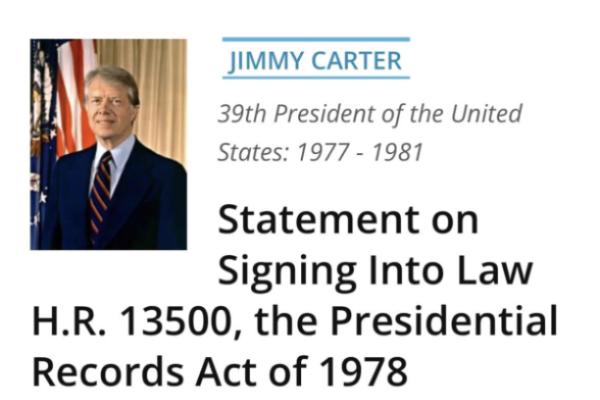
The Kentucky Supreme Court on March 24 issued an opinion in a case often cited by advocates of an anti-SLAPP bill in Kentucky, among them Rep. Nima Kulkarni.
http://opinions.kycourts.net/sc/2020-SC-0312-dg.pdf
https://www.courier-journal.com/story/news/crime/2022/03/28/kentucky-su…
Kulkarni has championed passage of a Kentucky anti-SLAPP law in previous legislative sessions. Her current bill — HB 222 — passed in the House by a vote of 82-0 on February 18 and is “posted for passage in the [Senate] Regular Orders of the Day for Tuesday, March 29, 2022”
https://apps.legislature.ky.gov/record/22rs/hb222.html
According to the Reporters Committee for Freedom of the Press:
Strategic Lawsuits Against Public Participation (SLAPP) are a “tool for intimidating and silencing criticism through expensive, baseless legal proceedings. Anti-SLAPP laws are meant to provide a remedy to SLAPP suits. Anti-SLAPP laws are intended to prevent people from using courts, and potential threats of a lawsuit, to intimidate people who are exercising their First Amendment rights.”
HB 222 — which enjoys broad bipartisan support — would codify “anti-SLAPP protections to keep powerful interests from using frivolous court actions to silence critics.”
https://wfpl.org/ky-lawmakers-consider-curbing-lawsuits-that-target-cri…;
The Courier Journal reports on the Supreme Court’s March 24 opinion referencing — and affirming the principles that inform — anti-SLAPP laws:
“The Kentucky Supreme Court has thrown out a lawsuit filed by a developer who sought $12 million from neighbors who sued to stop a 363,000-square-foot retail center in their backyard.
“Attorneys for residents who opposed the SouthPointe Commons project off Bardstown Road near Interstate 65 said if developer Frank Csapo prevailed, it would have chilled the constitutional right of citizens to petition the government because residents would be too scared to challenge any land-use change.
“In a unanimous ruling Thursday stressing the importance of the First Amendment right of citizens to present grievances to the government, the court said the neighboring homeowners properly protested the zoning change through an avenue of recourse the legislature provided.
“In an opinion written by Justice Lisabeth Hughes, the Supreme Court said the residents had a right to sue.
“The opinion noted that 33 states have laws — and one is proposed in Kentucky — barring so-called Strategic Lawsuit Against Public Participation, which are suits filed strategically by companies against activist groups that oppose projects.”
The Supreme Court expressly references Kulkarni’s bill in its March 24 opinion, observing, “House Bill 222 would create new KRS sections that establish procedures for dismissing legal actions filed in response to a party’s exercise of free speech, right to petition, or right to association. The proposed legislation would also allow a party to appeal, as a matter of right, any order granting or denying a motion to dismiss filed in conjunction with this statute.”
In a 2020 opinion, City of Taylorsville officials were harshly admonished by the Kentucky Court of Appeals for suing a local critic, and frequent open records requester, for compensatory and punitive damages, in what was widely recognized as a SLAPP. Affirming the Spencer Circuit Court’s circuit court’s dismissal of the city’s lawsuit, the court declared, “the government can use the ORA as a shield; it cannot use it as a sword.”
Advocates of a Kentucky anti-SLAPP law also regularly cite this 2020 case.
https://cases.justia.com/kentucky/court-of-appeals/2020-2019-ca-000152-…1592575365
Thanks to the perseverance of Rep. Nima Kulkarni, Kentucky may be the next state to enact an anti-SLAPP law.



